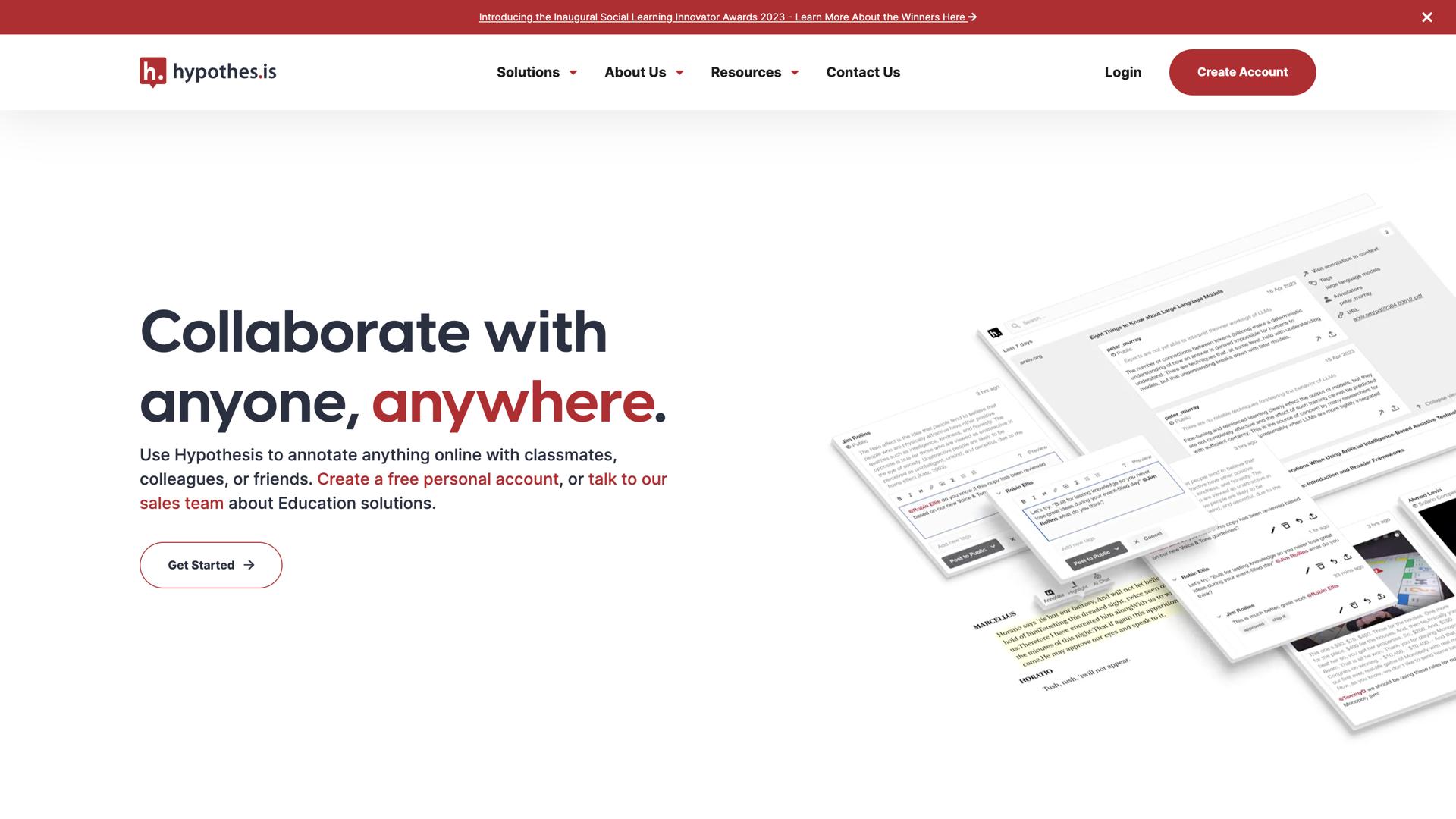Hypotheses AI – Advanced AI for Research and Experimentation
Introduction to Hypotheses AIHypotheses AI is a cutting-edge platform designed to empower researchers, scientists, and innovators by automating and enhancing the research process. Leveraging artificial intelligence, it provides tools to automate data analysis, hypothesis testing, and prediction modeling, making scientific experimentation more efficient and insightful.
How Hypotheses AI WorksHypotheses AI uses machine learning algorithms and data analysis techniques to help researchers generate, test, and refine hypotheses faster and with greater accuracy. The platform integrates seamlessly with research workflows, providing real-time insights that enhance the research process. It allows users to simulate experiments, analyze complex datasets, and make data-driven decisions quickly.
- Automated Data Analysis: Hypotheses AI automates the process of analyzing large datasets, saving researchers time and ensuring accuracy.
- Hypothesis Generation: The platform suggests potential hypotheses based on existing data, guiding researchers in the early stages of their investigations.
- Predictive Modeling: Use AI to predict outcomes of experiments before conducting them, reducing the number of trials and errors.
- Real-Time Insights: Gain immediate insights from ongoing experiments, helping researchers to adjust their methodologies for optimal results.
Hypotheses AI is designed for researchers who want to speed up the process of testing and validating hypotheses. With powerful AI tools, the platform not only reduces the time spent on data analysis but also enhances the accuracy of results, making it an essential tool for modern scientific research.
- Accelerated Research: Automate time-consuming tasks and focus more on critical thinking and innovation.
- Improved Accuracy: Leverage AI algorithms to analyze data and generate insights with greater precision.
- Enhanced Collaboration: Hypotheses AI supports collaborative research, allowing teams to work together more effectively.
- Seamless Integration: Easily integrates with existing research tools and platforms, enhancing your workflow.
Hypotheses AI comes with a variety of advanced features designed to streamline research and experimentation processes.
- AI-Powered Hypothesis Testing: Automatically tests and refines hypotheses based on data inputs.
- Data Visualization: Visualize complex data in easy-to-understand formats to support analysis and interpretation.
- Predictive Analytics: Simulate potential outcomes and experiment scenarios with predictive modeling.
- Customizable Tools: Tailor the platform to your specific research needs, from data analysis to hypothesis testing.
Hypotheses AI is ideal for anyone involved in scientific research, data analysis, or experimentation. From academic researchers to industrial innovators, the platform provides valuable tools that can revolutionize the way hypotheses are tested and validated.
- Academic Researchers: Automate data analysis and hypothesis generation to expedite scientific discoveries.
- Data Scientists: Use AI-powered models to analyze large datasets and extract meaningful insights.
- Pharmaceutical Companies: Accelerate drug discovery by simulating experiments and predicting clinical outcomes.
- R&D Teams: Drive innovation with AI-powered tools that automate research processes and improve collaboration.
Hypotheses AI transforms the research landscape by making it easier for scientists to test hypotheses and analyze data. With its predictive modeling and AI-driven recommendations, researchers can accelerate the experimentation process, reduce errors, and make more informed decisions.
ConclusionHypotheses AI is a game-changer for anyone involved in research or scientific experimentation. By combining machine learning with data analysis, the platform automates tedious tasks, enhances accuracy, and speeds up hypothesis testing, making it an invaluable tool for driving innovation and scientific progress.
